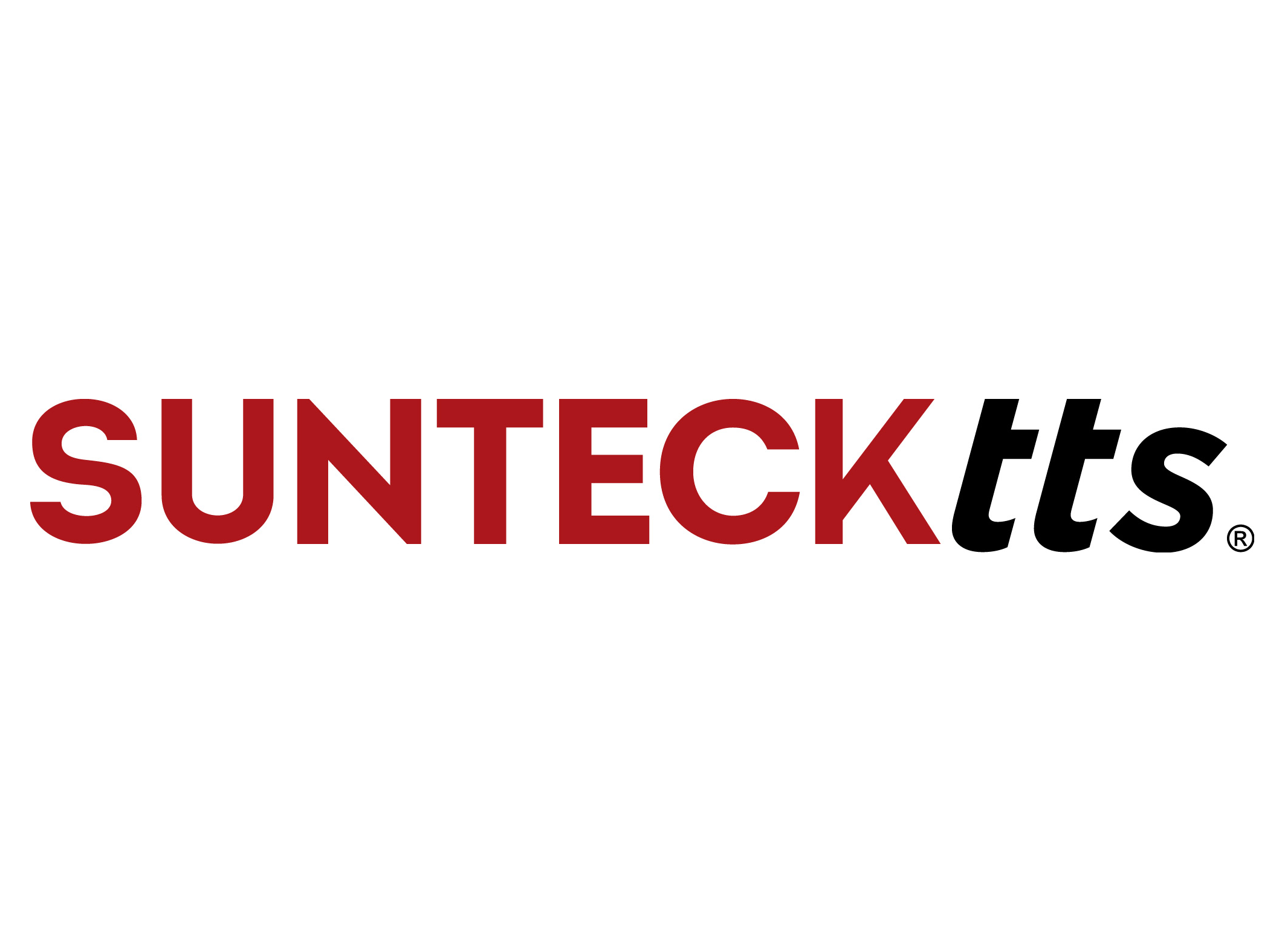LTL 101: Billing Accuracy
Many shippers have expressed concern about accuracy of LTL carrier’s billing practices. Having pushed the LTL carriers to be more vigilant with making corrections for weight and other aspects of shipments for proper revenue capture, SJ Consulting researched the validity of such perception by conducting an extensive survey with several large LTL shippers, 3PLs, and freight audit and pay firms, with particular thanks to Williams & Associates. The freight charges on LTL shipments by these companies exceed $8 billion over a 12 month period, representing 22 percent of the total industry revenue. For decades, the LTL industry has relied on an honor system for shippers to provide true characteristics of their shipments, required to accurately bill the customers for their shipments.
The survey found the range of billing accuracy was 94 to 99 percent depending on the carrier, with the average being 97 percent. The most interesting revelation of the survey was that what shippers perceive as a billing error actually is due to shippers providing an estimated weight or freight class for dimensional attributes of their shipment that are corrected on more shipments as more LTL carriers deploy scales and dimensional machines. Given that about 50% of bills of lading have errors in weight or description of the shipment, it’s no surprise that a correct invoice from a LTL carrier can get perceived as a billing error.
Despite shippers’ perception, the LTL industry has an impressive record in billing accuracy, and it is finally converting rapidly from an honor system.
Check back every 2nd and 4th Wednesday each month for more inside information on LTL through our Multimodal Wednesday Series.


